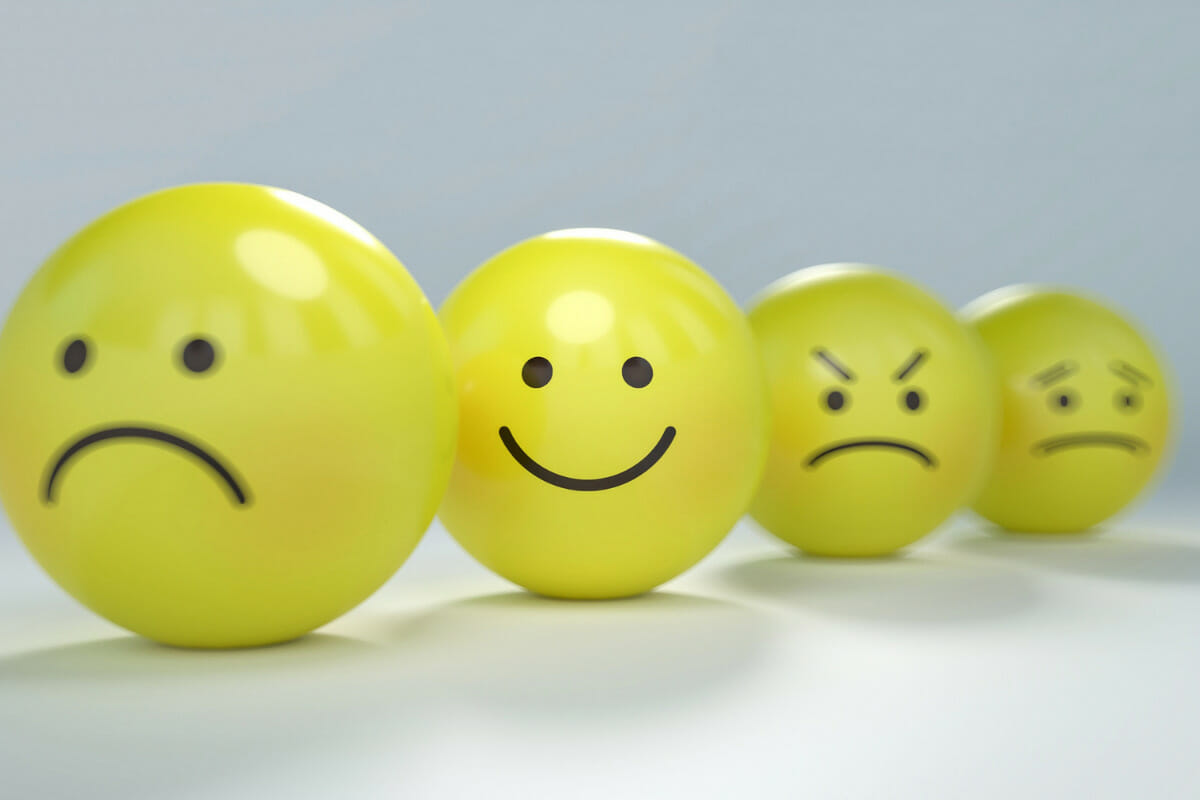About Anti-Anxiety Medication Addiction
Anxiety disorders are becoming more common in the United States. According to the CDC, national anxiety rates in adults increased from 13% in 2020 to nearly 27% in 2021.1 In 2019, more than 18,500 emergency room visits were tied to anxiety in Arizona.2 Research by the AHCCCS in Arizona showed that emerging mental health needs, including anxiety, increased risks of substance misuse.3 We’ll explore anti-anxiety medication addiction in all its aspects.
What is Anxiety?
It is normal for everyone to feel anxious sometimes during stressful events or situations. However, people who have an anxiety disorder have perpetual and pronounced symptoms even without stressful events or situations.4 Over time, the anxiety can worsen as well. These are three common types of anxiety disorders:
- Generalized anxiety disorder, or GAD, is excessive worry that lasts for more than six months.
- Panic disorder involves sudden and repeated attacks of extreme fear and anxiety when there is no danger.
- Phobias are intense fears of things that do not pose any real threat.
There is no single cause of anxiety that applies to all people. Brain chemistry, environmental factors, stress, and genetics, may play a role in developing anxiety. However, people with certain medical conditions, a family history of anxiety, or trauma face higher risks of developing it.4
Understanding Anti-Anxiety Medication Misuse
Many people who experience the uncomfortable symptoms of anxiety misuse medications in these ways:
- Obtaining anti-anxiety medication without a prescription.
- Consuming unsafe doses of medication.
- Taking the drug more often than recommended.
When a person continually misuses a medication for anxiety, the body builds a tolerance to it.5 This means that it takes more of the substance to achieve the same effect. It alters brain chemistry and creates intense cravings. If the body does not have more of the substance, withdrawal symptoms start. This is called dependence.5 Addiction is a disease, but it can develop from repeated substance misuse.
The Most Commonly Misused Anti-Anxiety Medications
Benzodiazepines, SSRIs, and depressants are commonly misused.
Benzodiazepines
Also known as “benzos,” Benzodiazepines are the most common anti-anxiety drugs people misuse.6 Benzos work by stimulating the release of GABA, a neurotransmitter that causes a calming effect.7
These are the benzos that people misuse:
- Xanax
- Klonopin
- Halcion
- Valium
- Ativan
- Librium
SSRIs
SSRIs work by increasing the brain’s serotonin, and people with anxiety or depression often use them.8 Here are some SSRIs that people frequently misuse:
- Celexa
- Lexapro
- Prozac
- Zoloft
- Effexor
- Paxil
Depressants
People with anxiety often misuse depressants that slow the central nervous system. Some common CNS-slowing barbiturates that people misuse are Amytal, Phenobarbital, and Nembutal. They may also misuse sleep medications. Some examples include Sonata, Lunesta, and Ambien.4
Get Treatment for Anti-Anxiety Medication Addiction
Someone who becomes addicted to a substance will need professional treatment. It is important to remember that addiction is a disease in itself.
When someone with a substance use disorder along with anxiety they have a co-occurring disorder – also known as a dual diagnosis. Treating both anxiety and addiction together is called dual diagnosis treatment. If a person only treats their substance use disorder, their anxiety will remain. The effect of anxiety can be so significant that the person falls back into addiction. This is why treating both issues simultaneously is critical for a full recovery.
At Silver Sands Recovery, we treat anxiety and addiction together to decrease relapse risks. Taking a holistic approach, we treat both disorders and consider each person’s spiritual, physical, and psychological needs. Our facility uses an outpatient treatment structure. A professional therapist determines how often each person needs therapy sessions and which approaches to use. Also, we encourage overall wellness with supportive activities, such as basketball, golf, and workouts.
Our individualized approach and proven therapy methods help people learn how to overcome addiction. If you or someone you know needs addiction treatment or dual diagnosis treatment for anti-anxiety medication addiction, please get in touch with us.
Sources:
[1] https://www.cdc.gov/mmwr/volumes/70/wr/mm7040e3.htm
[2] https://pub.azdhs.gov/health-stats/hip/index.php?pg=diagnosis
[3] https://www.azahcccs.gov/Resources/Downloads/Grants/SABG/AHCCCS_StatewideSubstanceAbuseStrategicPlan.pdf
[4] https://medlineplus.gov/anxiety.html
[5] https://archives.drugabuse.gov/blog/post/tolerance-dependence-addiction-whats-difference
[6] https://medlineplus.gov/ency/patientinstructions/000798.htm
[7] https://www.ncbi.nlm.nih.gov/pmc/articles/PMC3684331/
[8] https://www.ncbi.nlm.nih.gov/pmc/articles/PMC181142/


